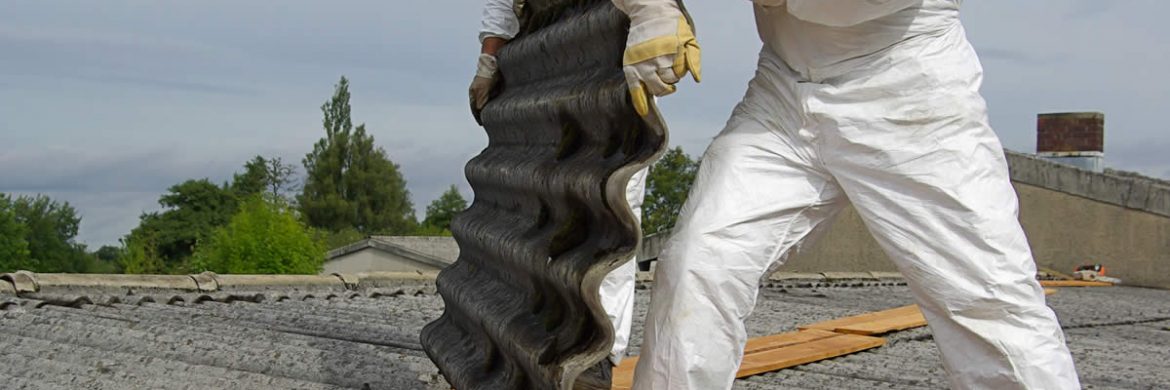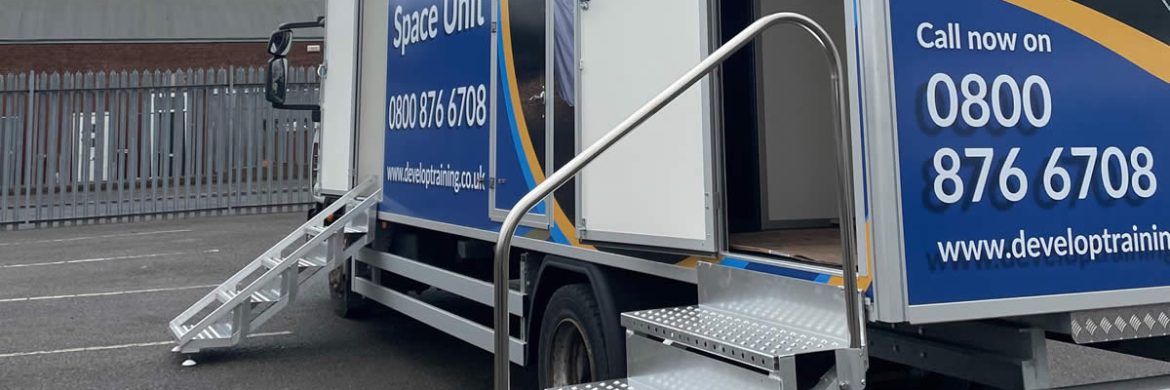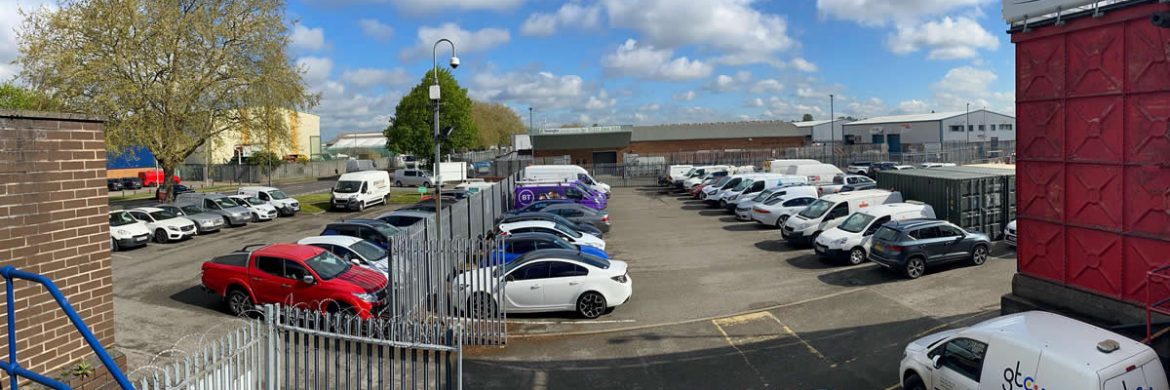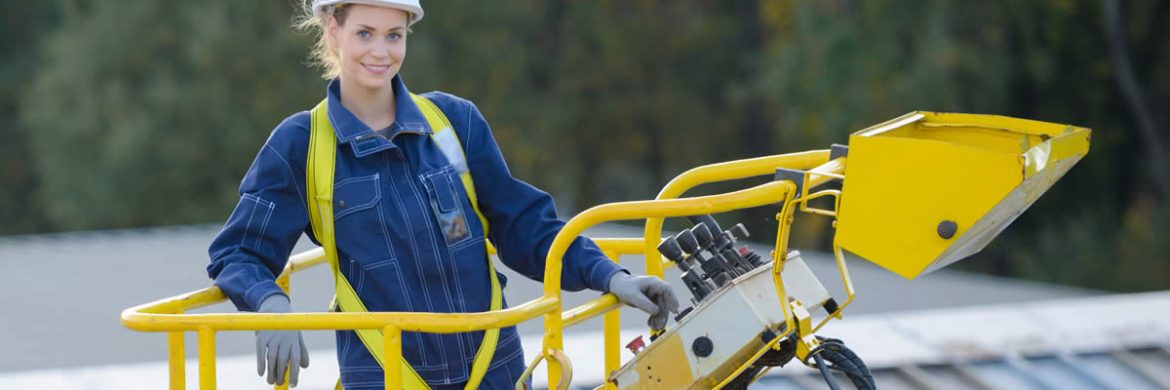Dangers of Asbestos to Construction workers in the UK
09 May 2023 Blogs
Asbestos kills more people in the UK every year than there are fatalities on the roads. That’s around 5,000 asbestos related deaths – 20 a week on average in 2021 – who die because of past exposure.
In 2021 there were 2,369 deaths from mesothelioma cancer. Mesothelioma is 99% caused by exposure to asbestos fibres, with the other 1% caused by exposure to foundry dust, volcanic dust and other unknown entities.
But it is not just a problem for older and retired tradespeople. Anyone can encounter asbestos today, in any building built or refurbished before the year 2000, and it is still one of the biggest occupational risks to construction workers in Britain. Asbestos may also be found in the soil where the precautions are different than those used in buildings.
Asbestos is deadly and is consequently a high priority for the government’s Health and Safety Executive (HSE), and employers have a legal obligation to ensure that anyone at risk is properly trained.
What is asbestos and how was it used in construction?
The substance, which was extensively used in construction before 2000, releases potentially-lethal fibres into the air if it is disturbed. When inhaled, these begin to cause damage that can develop into life-changing and fatal diseases, including mesothelioma (a type of digestive cancer) and lung cancer. Two other serious conditions triggered by inhaling asbestos fibres are asbestosis and pleural thickening, both of which cause shortness of breath. People who smoke are especially at risk.
Asbestos is a natural fibrous rock that was widely used within homes and other buildings in the UK from 1950 during the post-war building boom until the mid-1980s, and it was still being used until the end of the 1990s. Its history as a material used by humans goes back thousands of years, the earliest known use being to strengthen earthenware pots. It became more widespread during the Industrial Revolution.
Dangers of asbestos
People have known about the dangers for a long time. The negative health effects were first noted in 1899, and the first documented death due to asbestos was just a few years later. In the 1930s, a government report highlighted the dangers, leading to the first regulations about its use. Eventually, its use was banned in many countries and regions, including the European Union. It has been replaced as an insulator in homes by fibreglass, invented in the 1930s, and more commonly in Europe, by mineral wool and glass wool. Meanwhile, companies that used to produce asbestos cement have invented new recipes, replacing asbestos with organic fibres.
Before it was phased out, asbestos was valued for its insulating properties. It is very effective at keeping heat in and cold out. It’s also fire resistant and protects against corrosion. Because of this, it is likely to be found in many construction materials and fittings, including ceiling tiles, pipe insulation, boilers and spray-on coatings.
Asbestos disposal
Asbestos is usually disposed of in landfill sites as hazardous waste. Demolishing buildings that contain large amounts of hazardous materials often means taking them apart. Alternatively, the building has to be cleared of asbestos piece by piece before it can be blown up or knocked down. Red Road Flats in Glasgow, where huge quantities of asbestos were used in wall panelling, were an example of this kind of operation.
Asbestos in soils
As with asbestos in buildings, the substance can also be extremely hazardous when disturbed in the soil. Finding it beforehand is a challenge for site managers. The asbestos may be present as fragments of insulation materials visible to the naked eye or as micro fibres requiring scientific tests to confirm their presence. What is more, not all asbestos looks the same. There are three main kinds – blue, brown and white – technically known as Crocidolite, Amosite and Chrysotile.
Health & Safety
Workers at risk need the skills to conduct proper risk assessment and to implement a range of other steps depending on the nature and scale of the problem. These could include ensuring that licensed personnel carry out remediation work, informing the Health and Safety Executive of the incident and providing protective equipment including respirators. Dealing with asbestos in soil can be a major operation. Disposing of waste and decontaminating operatives may be required, and air monitoring might have to be set up on site or near to neighbouring homes.
Whether it is extracted from a building, the soil or elsewhere, British health and safety regulations stipulate that asbestos material has to be removed to a landfill site via an approved route at certain times of the day in specially-adapted vehicles.
So, how do you prevent yourself or your employees coming into hazardous contact with asbestos?
The first step recommended by the HSE is to ensure that workers always consider the possibility that the property or plant they are working on may contain asbestos.
The HSE states: “Before the start of maintenance, refurbishment, demolition or any other type of construction work, employers must identify the presence of asbestos as part of their risk assessment. The owners or managers of non-domestic premises have a duty to manage asbestos. This involves identifying and recording the location and condition of any asbestos. This record must be made available to anyone carrying out work to help them to manage the risks of exposure to themselves, their employees and others. You should ask to see a copy of this to help you assess the risks and decide on any control measures you may need to put in place.”
Specialist training
To support employers and workers to protect themselves against the dangers of asbestos, Develop Training Ltd have developed two specialist courses – Asbestos Awareness and Asbestos Awareness in Soil and Made Ground. Both of our training courses raise awareness of the risks and how to avoid contamination.
View the courses:






















